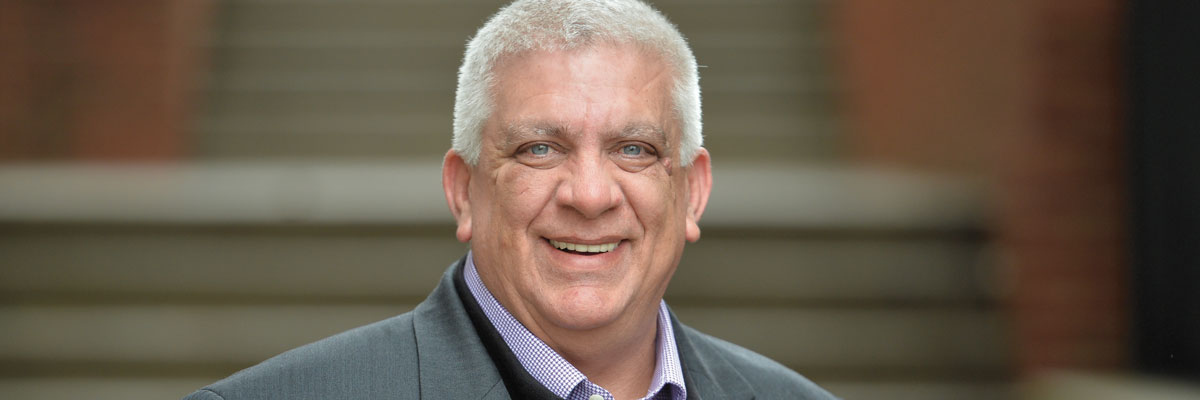With the “marketability” of liberal arts grads being tested in the media, we sat down with Richard Berman P’05, Denison’s new director of Career Exploration & Development, to discuss the changing landscape of employment opportunities for recent graduates and to hear what’s in store for the future of CE&D.
What are the biggest challenges facing college career centers?
Since the economic downturn in 2007, it’s clear that we’re beyond the shelf life of the predominant model for career centers, which has been in place for the past 60 years. The national media are reporting modest annual increases in entry-level hiring, so there’s been some recovery from the near-40 percent drop between 2007 and 2010. But it’s still forecast to be a slow climb back, with full recovery expected by 2020. That’s slower than recovery from any recession since World War II, according to the U.S. Bureau of Labor Statistics. At the same time, resources for advanced-degree work and opportunities in the academy have also fallen in most disciplines. To boot, job fairs and on-campus recruiting are no longer a panacea for launching the professional futures of enough of our graduates. So the climate today calls for radical transformation in how we work. What we need to do at Denison is view these problems as opportunities. With worldwide workplaces in a state of constant flux and transformation (e.g., more small teams, greater need for hard and soft skills), there has never been a better climate or greater need for liberally educated leaders in all fields, disciplines, and industries—ironic, given the full assault on the value of the liberal arts.
Can you offer some advice for students and recent graduates who can’t pin down a career direction?
It’s what I call “the one thing” thing. So many of us believe we need to figure it all out—that “one thing” we each should do in our professional lives—and until we figure out our own “one thing,” we’re going to go nowhere fast. This myth has been exacerbated in recent years by the media proliferation of inviting emerging professionals to “follow their passion.” I want to remove the pressure to “find passion” by helping students and graduates explore their intellectual and practical curiosities. I believe most of us, the vast majority, don’t have “one thing.” I work with students to figure out a handful of things they can do, each of which can point to very rewarding work.
What can we expect to see from CE&D in the coming years?
We need to help undergraduates know better the possibilities available to them; we need to dispel the mythology and misinformation about the ways in which emerging professionals need to present themselves; and we need to acknowledge that hiring is moving in earnest toward relationship-centered networking and internal referral systems, in which current employees recruit through their own networks. To do all of that, colleges and their extended communities need to build varied and robust activities and connections across professional fields. So you’ll see more outreach, more collaborations, and new partnerships. You’ll see a range of pilot programs to help students find their voices for professional engagement, students exploring the worlds they wish to impact as they test their own capacities and interests, and a lot of “scaffolding” as we build the foundation and structure of networks across our extended Denison family. You can expect more internships. More networking. More mentoring. More practical skill-building. More opportunities for recent graduates to connect—reaching their hands back to help, and forward to be helped. And across all of it, you’ll see a lot of focused work in small, high-functioning teams.

